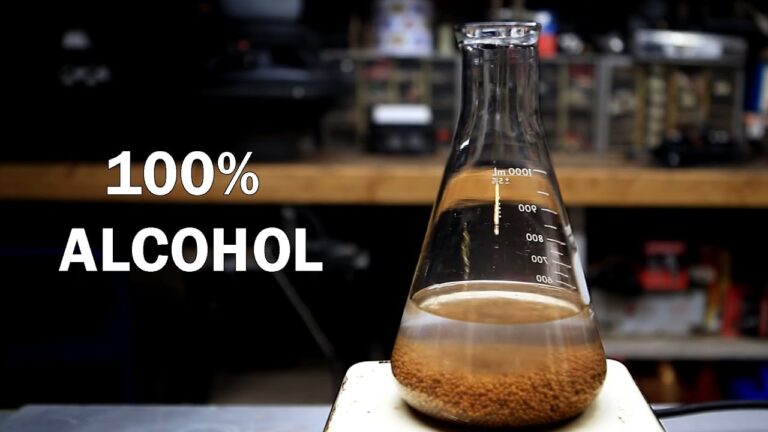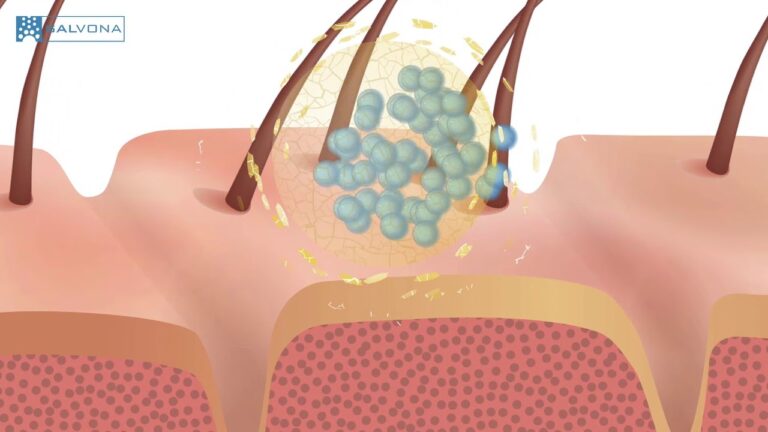All You Need to Know About Absorbic Acid
Ascorbic Acid – The Powerhouse Antioxidant
When it comes to vitamins, ascorbic acid or Vitamin C is one of the most popular ones out there. This water-soluble vitamin is present in a variety of fruits and vegetables, including oranges, strawberries, and bell peppers. According to health experts, consuming an adequate amount of ascorbic acid can help boost our immune system, protect our body against oxidative stress, and even slow down aging.
How Does Ascorbic Acid Work in Our Body?
Ascorbic acid plays a vital role in several bodily functions. It acts as an antioxidant and helps protect our body against the damage caused by free radicals. These free radicals can cause severe damage to our DNA, proteins, and even our cell membranes, leading to various health problems, including cancer and heart diseases.
Ascorbic acid also helps promote collagen production in our body, which is essential for healthy skin, connective tissues, and wound healing. Moreover, it enhances the absorption of plant-based iron in our body, making it a crucial nutrient for vegetarians and vegans.
What Are the Benefits of Ascorbic Acid?
1. Boosts Immune System: Ascorbic acid helps strengthen our immune system by promoting the production of white blood cells, which are responsible for fighting off infections and diseases.
2. Acts as an Antioxidant: As mentioned earlier, ascorbic acid is a potent antioxidant that can help protect our body against oxidative stress and various health problems such as cancer and heart diseases.
3. May Lower Blood Pressure: Studies have shown that consuming an adequate amount of ascorbic acid can help lower high blood pressure and reduce the risk of heart diseases.
4. Enhances Brain Function: Ascorbic acid has been linked to improved brain function, including better memory and concentration.
Foods Rich in Ascorbic Acid
If you’re looking to add more ascorbic acid to your diet, the following are some of the best sources:
1. Citrus Fruits: Oranges, lemons, limes, and grapefruits are all excellent sources of ascorbic acid.
2. Berries: Strawberries, blackberries, blueberries, and raspberries are all rich in ascorbic acid.
3. Bell Peppers: Red and green bell peppers are loaded with ascorbic acid and several other essential nutrients.
4. Kiwi: Just one kiwi contains more than 100% of the daily recommended intake of ascorbic acid.
Supplements
Apart from natural food sources, ascorbic acid supplements are also available in the market. While it’s best to get our nutrients from whole food sources, sometimes it’s not possible to consume an adequate amount of ascorbic acid through our diet alone. In such cases, supplements can be a convenient and effective way to make up for the deficiency.
However, it’s essential to consult a healthcare professional before starting any supplements, as high doses of ascorbic acid can cause adverse effects such as digestive issues and kidney stones in some people.
In conclusion, ascorbic acid is a crucial nutrient that plays a vital role in several bodily functions. Consuming an adequate amount of ascorbic acid through our diet or supplements can help protect our body against several health problems and promote overall well-being. So, make sure to include some of the foods mentioned above in your diet to reap the benefits of this powerhouse nutrient.
Most searched products:
The Ultimate Guide to Azealic Acid: Benefits, Uses, and Side Effects
Does Sephora Support Israel? Answering Your Questions
Discover the Benefits of The Ordinary Botox for Your Skin
How Long Does Glycolic Acid Take to Show Results: Your Ultimate Guide
The Ultimate Reviews of The Ordinary Peeling Solution
Forehead Argireline: The Before and After Results You Need to See
Unleashing Honest UKLash Reviews: The Real Truth Exposed
Spherical Meaning: Understanding the Definition and Significance
The Miracle of Mandelic Acid Serum: Benefits for Clearer and Brighter Skin
All You Need to Know: Lactic Acid Uses and Benefits











